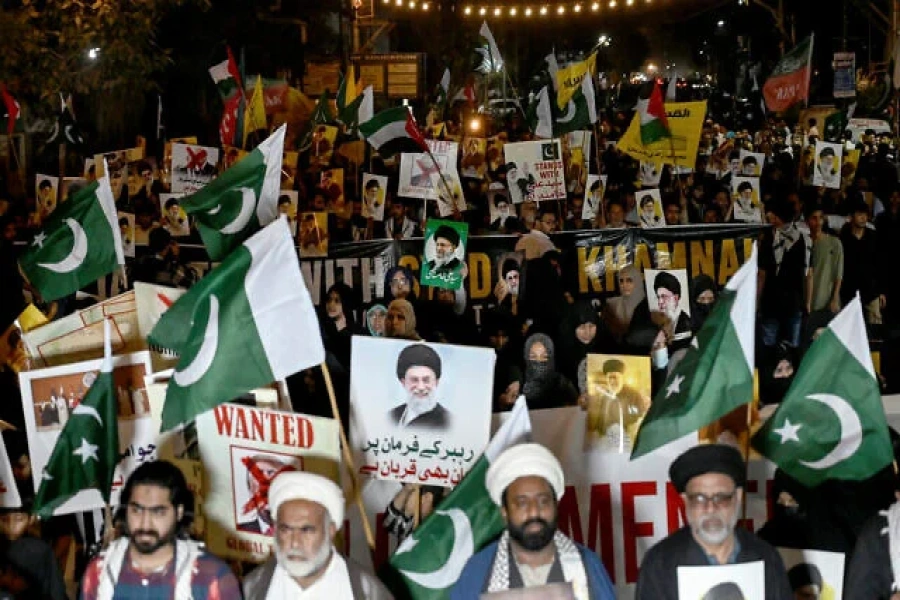The Maoists are for appointing the chiefs by the prime minister and for endorsing it through the parliament while NC and CPN-UML are for appointing them by the president on the recommendation of the constitutional council.
Lawmakers expressed their views at the CA meeting. Deliberations on the concept paper and preliminary draft report presented by the Committee to Determine the Structure of Constitutional Bodies is under way since Thursday.
The committee has recommended forming 11 constitutional commissions. The Maoists say chiefs of such bodies should be appointed by a simple majority of the House while a two-thirds majority of the parliament will be needed to sack them [the chiefs] through impeachment. Maoist lawmakers Dev Gurung and Tilak Pariyar, among others, argued that appointing chiefs of the constitutional bodies by the executive head as per parliament´s recommendation is better system.
NC and UML lawmakers said that appointment of chiefs of constitutional bodies by the head of state on the recommendation of the constitutional council will be appropriate as the council has representation from all the three state organs. Prime minister, the speaker and chief justice are members of the council representing executive, judiciary and the legislature, respectively. "It is more appropriate as the constitutional council is also represented by opposition leader, among others," said Ramesh Lekhak of the NC.
"The constitutional chiefs should be appointed by the head of state and they should be accountable to the legislature," said Bishnu Rimal of the CPN-UML.
Agni Kharel of CPN-UML, Uma Regmi of NC, Laxman Lal Karna of Sadbhabana Party, too, backed the idea of appointing the chiefs by president.
All the three parties, however, agreed on a fewer number of commissions against the 11 recommended by the committee. Gurung of the UCPN (Maoist), Dr Ram Sharan Mahat of NC and Kharel of UML were for reducing the number of the constitutional bodies.
The constitutional commissions recommended by the committee in its preliminary draft are- Commission for the Investigation of Abuse of Authority, Commission for Auditing, Public Service Commission, Election Commission, National Human Rights Commission, Commission for Women, Dalit Commission, Commission for Indigenous and Ethnic Communities, Commission for the Welfare of the People with Physical Disability, Minorities, Marginalized Communities and People from Suppressed class and areas.
Federation of commissions
Maoist lawmaker Pariyar proposed to reduce the number of commissions by forming an umbrella body such as National Federation of Commissions. UML´s Kharel expressed similar view. "Several reports, recommendations and directives given to the government by different commissions further put the executive bodies in confusion instead of helping the government," Kharel said, adding, "Moreover, contradictory reports and recommendations from different commissions create further complications."
He was for putting different commissions as wings of a broader and powerful body such as Commission on Human Rights and Gender.
But, Regmi of NC and Karna of SP were against integrating such commissions into an umbrella body. "The basket concept is unacceptable for women. There must be an independent constitutional women´s commission," Regmi said while Karna argued that assimilating commissions into an umbrella body would be not do good for the oppressed and backward communities.
Appointment of justices at SC stalled due to absence of parliam...






































